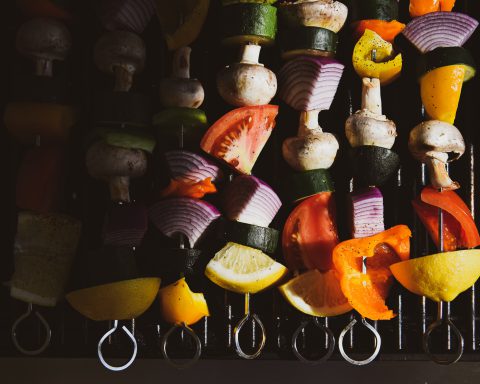- Known as the Reinheitsgebot (“The Beer Purity Laws”), it required breweries to produce beer solely with hops, barley and water.
- To give you a taste of what the series has on tap, here are some facts to chew on, some of which have been mentioned in the articles already:
- Germany is beloved for its beer, and many people look to the country for guidance as they would like to learn more about the beer, in addition to making it.
Ingolstadt, April 23rd, 1516. In response to numerous complaints about the lack of quality of beer, King Ludwig X and Duke William IV approved a law requiring all breweries to follow a uniform guideline for crafting beer in Bavaria.
Known as the Reinheitsgebot (“The Beer Purity Laws”), it required breweries to produce beer solely with hops, barley and water.
Over the years, while changes were made pertaining to the sale of beer in Germany, the purity laws have remained the same, as the breweries have kept to the guidelines despite having various flavors to choose from, making Germany one of the most attractive places to try every sort of beer, period.
To honor the 500th anniversary of the German Purity Laws, I’ve started a year-long series in my online column, The Flensburg Files, looking at the history of beer in Germany and trying (and recommending) beers only made in Germany. Since January 1st of this year, I’ve been taste-testing and rating one beer a day, providing praise for some and recommendations for improvement for others. The evaluations are based on a form provided by Beerology.ca, and the guidelines based on appearance, aroma, flavor and overall taste by Canadian beer expert Mirella Amato. For many beer products I’ve added a history of the brewery to provide the readers with an opportunity to read about them and how they have evolved over the years. So far, my research has come up with many themes that will be covered in the series during the year. Apart from the kinds of beer, like the pilsener, bock beer, fruit-flavored beer and Bavaria’s beloved Weizenbier, I will be looking at the development of the German beer over the years and how people have embraced the product for various reasons. This will include interviews with beer experts, businesspeople and historians with a passion for beer.
To give you a taste of what the series has on tap, here are some facts to chew on, some of which have been mentioned in the articles already:
1. Beer was first mentioned during ancient times, and monasteries traditionally brewed their own beer, drinking it as holy water, because beer was supposed to cleanse the mind and the soul. Hence the introduction of Klosterbier in Germany during the Medieval times.
2. The wife of Martin Luther, the presenter of his Thesis against the Church, crafted various sorts of beer for him and his followers. There was a reason why the founder of the Lutheran Church loved her dearly and married her. 🙂
3. Of all the beer types invented in Germany, only the pilsener was an imported product, for it was first crafted in Bohemia (in present-day Czech Republic). Yet it was a Bavarian that brewed the product.
4. Winterfest Beer was a Viking invention, crafted in the summer time, fermented for celebrations of the Winter Solstice. No wonder Wickie the Viking and his people of Flagge are beloved by Germans. 😉
5. There is a woman named Beer-Gut who is a mascot for a brewery in Rothaus in Baden-Wurttemberg.
6. While more and more Germans are embracing wine over beer, many prefer cola-beers and fruit-flavored beers, like the Quitten-flavored brew made in Flensburg.
7. While there is a thing called Ökobier, organic beers are not as delicious as how they are marketed.
8. Beer does not make a person stupid, only stupidity alone does that, especially while at the Oktoberfest. A look at how today’s beer has influenced society from both perspectives.
You will find all the articles pertaining to beer and beer products on the following page in the online column The Flensburg Files. Scroll down to have a look at what has been done in the series. You can check back often or follow the Files through subscription or via social networks available.
Germany is beloved for its beer, and many people look to the country for guidance as they would like to learn more about the beer, in addition to making it.
The Purity Laws is still the oldest active regulation in the world, and many like us have envied the country for its successful enforcement. While beer does improve the mind and soul, as history claims, and beer makes for good conversation, it can only be done when the ingredients are pure and the product is brewed in a way that it tastes good. As successful as Germany is to this day, it is a good thing too. After all, there are two things that beer drinkers don’t like: bad beer and beer gone wasted. As picky as people in Germany are, that is what makes today’s Germany the land of the bratwurst and a mug of a good beer.
So without further ado, enjoy the articles to come and Prost! 🙂
By Jason D. Smith – Editor/photographer/columnist, The Flensburg Files






